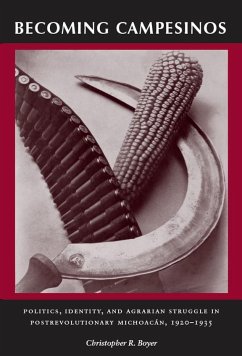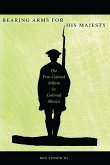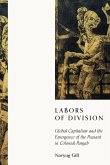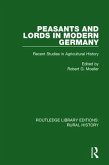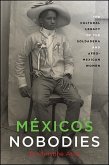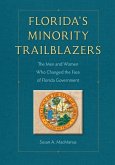Becoming Campesinos argues that the formation of the campesino as both a political category and a cultural identity in Mexico was one of the most enduring legacies of the great revolutionary upheavals that began in 1910. Challenging the assumption that rural peoples "naturally" share a sense of cultural solidarity and political consciousness because of their subordinate social status, the author maintains that the particular understanding of popular-class unity conveyed by the term campesino originated in the interaction of post-revolutionary ideologies and agrarian militancy during the 1920s and 1930s. >
Hinweis: Dieser Artikel kann nur an eine deutsche Lieferadresse ausgeliefert werden.
Hinweis: Dieser Artikel kann nur an eine deutsche Lieferadresse ausgeliefert werden.

